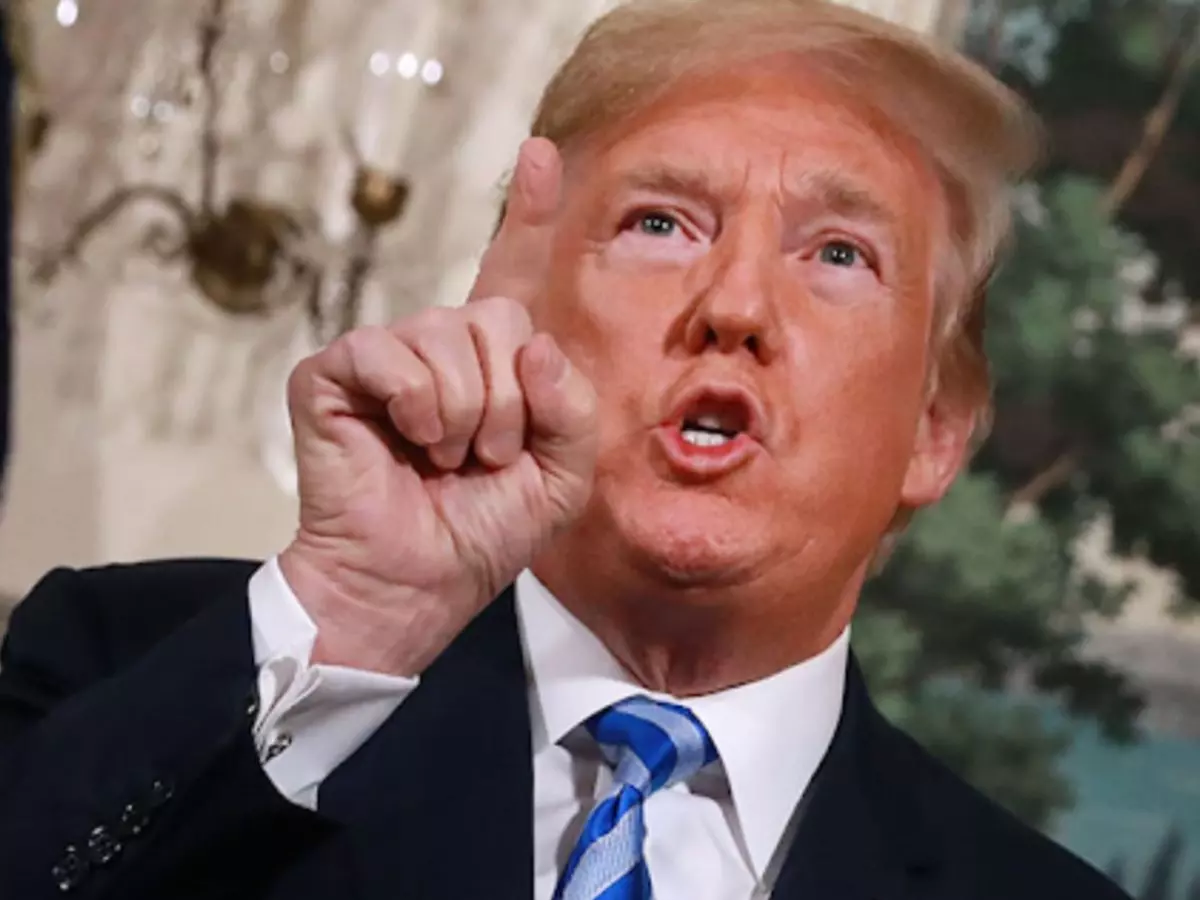Donald Trump backs tariffs to boost U.S. tech & defense manufacturing, says T-shirts & socks not a priority
U.S. President Donald Trump said his tariff policy targets advanced manufacturing like tanks, AI, and ships〞not apparel. He extended the EU tariff deadline to July 9 for more talks. Industry groups warned higher tariffs would raise consumer prices.

U.S. President Donald Trump on Sunday defended his administration*s tariff policy, saying it is designed to strengthen key sectors like military equipment and advanced technology rather than focus on products like clothing and shoes. Speaking to reporters in New Jersey before boarding Air Force One, Trump aligned with earlier remarks from Treasury Secretary Scott Bessent, who had stated that the U.S. does not necessarily need a thriving textile sector.
Focus on heavy manufacturing and tech
Trump made it clear that his administration*s goal is to promote high-impact manufacturing in areas like artificial intelligence, chips, and defense production.
※We*re not looking to make sneakers and T-shirts. We want to make military equipment. We want to make big things,§ he said. ※I*m not looking to make socks or T-shirts, to be honest. We can do that well in other places. We are looking to do chips and computers and lots of other things, and tanks and ships.§
Industry group raises price concerns
In response to Trump*s statements, the American Apparel & Footwear Association (AAFA) raised concerns about the impact of tariffs on the clothing and footwear sector.
※With 97% of the clothes and shoes we wear being imported, and with clothes and shoes already the most highly tariffed industry in the U.S., we need to focus on common sense solutions,§ said Steve Lamar, President of the AAFA. ※More tariffs will only mean higher input costs for U.S. manufacturers and higher prices that will hurt lower income consumers.§
EU tariff deadline extended to July
Last week, Trump revived his trade rhetoric by proposing a 50% tariff on European Union goods starting June 1. He also warned that a 25% levy might be placed on imported iPhones. However, on Sunday, he postponed the EU tariff deadline to July 9 to allow more time for discussions between Washington and the European bloc.
Trump, who won both the 2016 and 2024 presidential elections with support from working-class voters affected by manufacturing job losses, has maintained that boosting domestic production through tariffs is key to fulfilling campaign promises. However, the U.S. economy continues to rely on international supply chains for many goods, especially in lower-cost sectors like textiles.
For more news and current affairs from around the world, please visit Indiatimes News.
